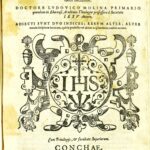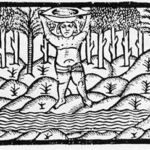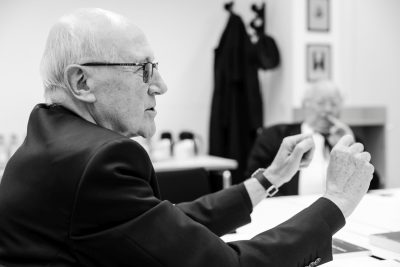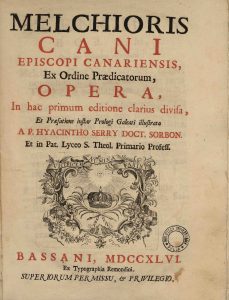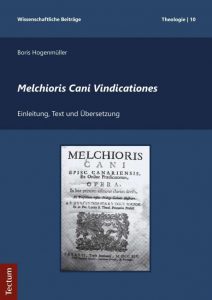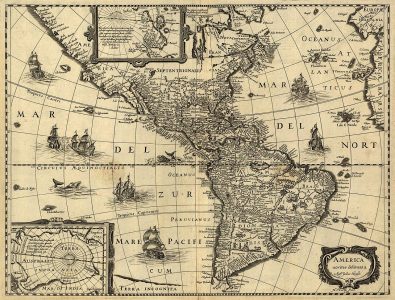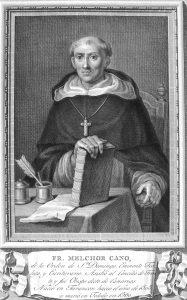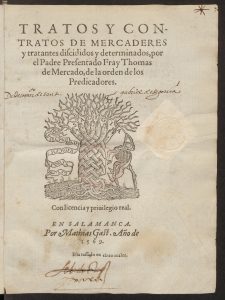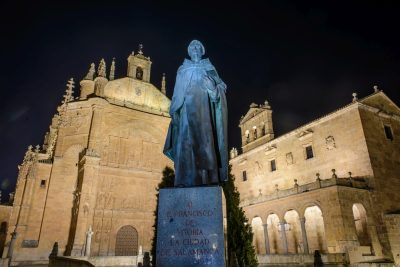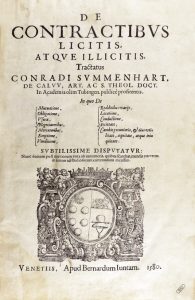
Der Inhalt wird unten in einer verfügbaren Sprache angezeigt. Klicken Sie auf den Link, um die aktuelle Sprache zu ändern.
Date: 02.09.2020
Time: 14.30-16.00
Organisation: Christiane Birr, José Luis Egío, Andreas Wagner
Place: Video Conference
After the summer break, the Colloquium of the research project The School of Salamanca relaunches with the presentation of Dr. Francesca Iurlaro (EUI Florence), “The invention of Custom and the School of Salamanca”. Although formulated in terms different from current lawyers, custom was already present in early modern European debates on natural law and the law of nations. Iurlaro’s research – soon available in the book “The Invention of Custom. Natural Law and the Law of Nations, 1550-1750”, Oxford University Press – retraces precisely the neglected history of the debates on the concept of custom in the ius gentium tradition, from Francisco de Vitoria to Emer de Vattel. According to Iurlaro, the moral-theological writings of important members of the School of Salamanca such as Vitoria, Domingo de Soto, Domingo Báñez and Francisco Suárez should be considered as important milestones in the progressive crystallization of a notion of customary international law.
The colloquium will be held in English.
The colloquium will take place in hybrid form: for a restricted number of participants on-site at the MPIeR and for a broader audience as a video conference. For more information and for a draft of the chapter of Iurlaro’s book we are going to discuss, please send an email to birr@rg.mpg.de.
